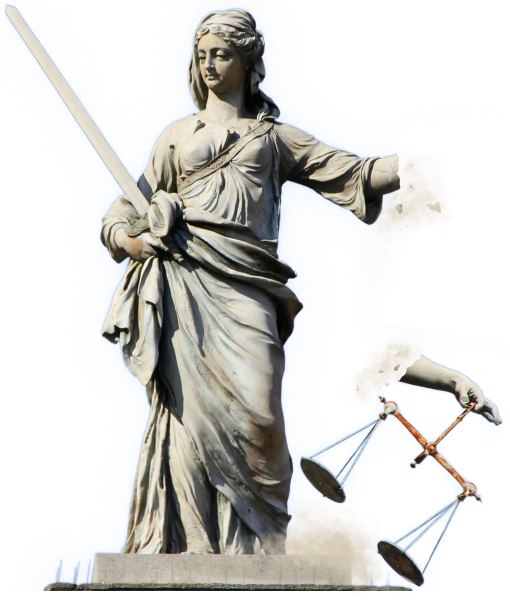Use your role to inform
If you are a part of any government, whether it be on a federal, state or student level, you have an automatic obligation to the people you represent. This includes keeping them updated on what’s going on. When you are in a position of power you need to speak up, regardless of how uncomfortable it makes some individuals.
There are some instances in which a group of people will withhold information. Sometimes it’s because they want to gather the facts before releasing a statement. In a lot of cases, however, it’s to keep people from finding something out.
When you blatantly refuse to give out information, or if you are holding on to a lot of useful facts for a lengthy amount of time, you are allowing people to jump to conclusions, and very rarely are they good ones.
Even if you can’t report everything, you should try to reveal as much as possible because people talk and they will put their biases in the news, ultimately distorting the facts. This tends to happen when people are spreading word from person to person. If they have more information to work with, there could be less of a chance for misinformation.
Although it’s useful on a personal level, censorship pertaining to serious issues has been widely criticized due to the fact that it can contribute to the mistrust people have against those in authoritative positions. When politicians use media blackouts, they are taking a risk.
Media blackouts are common in a lot of countries; the state or government often enforces them. In America, we use them to get people on our side or to cover-up the details of an event, like the U.S. did after the bombings of Nagasaki and Hiroshima.
More commonly, it is used in cases of kidnapping and hostage negotiation situations, but often times it isn’t life threatening, or even something like a state representative wanting to change a policy. Even on a smaller scale, it happens.
High schools and colleges will keep possibly vital information to themselves causing tension or further contributing to student ignorance.
Media blackouts are the perfect way to showcase your side of a conflict, if you want to come off as belligerent or uncooperative that is.
You would want to make sure that the people you represent know your position on everything that affects them. With the increasing amount of hacker groups and vigilantes, the information is going to come out anyway.
In the case of scandals, you especially want to speak up. If the press has one side of the story and you refuse to speak on the matter, you may end up looking guilty or suspicious regardless of whether or not you did anything wrong.
Magazines and news broadcasts will often sensationalize the facts of the situation—at least the ones with little to no journalistic integrity—so you might as well try to at least clear your name or give evidence supporting the accusations of the person or group who is in question.
In any case, the best way to keep the peace and ensure that you are equally represented to the public would be to speak up so there’s no room for speculation.
People might put their spin on the facts anyway but you have a duty to explain any conflict or idea that will impact the lives of the people who need protection from their government.

